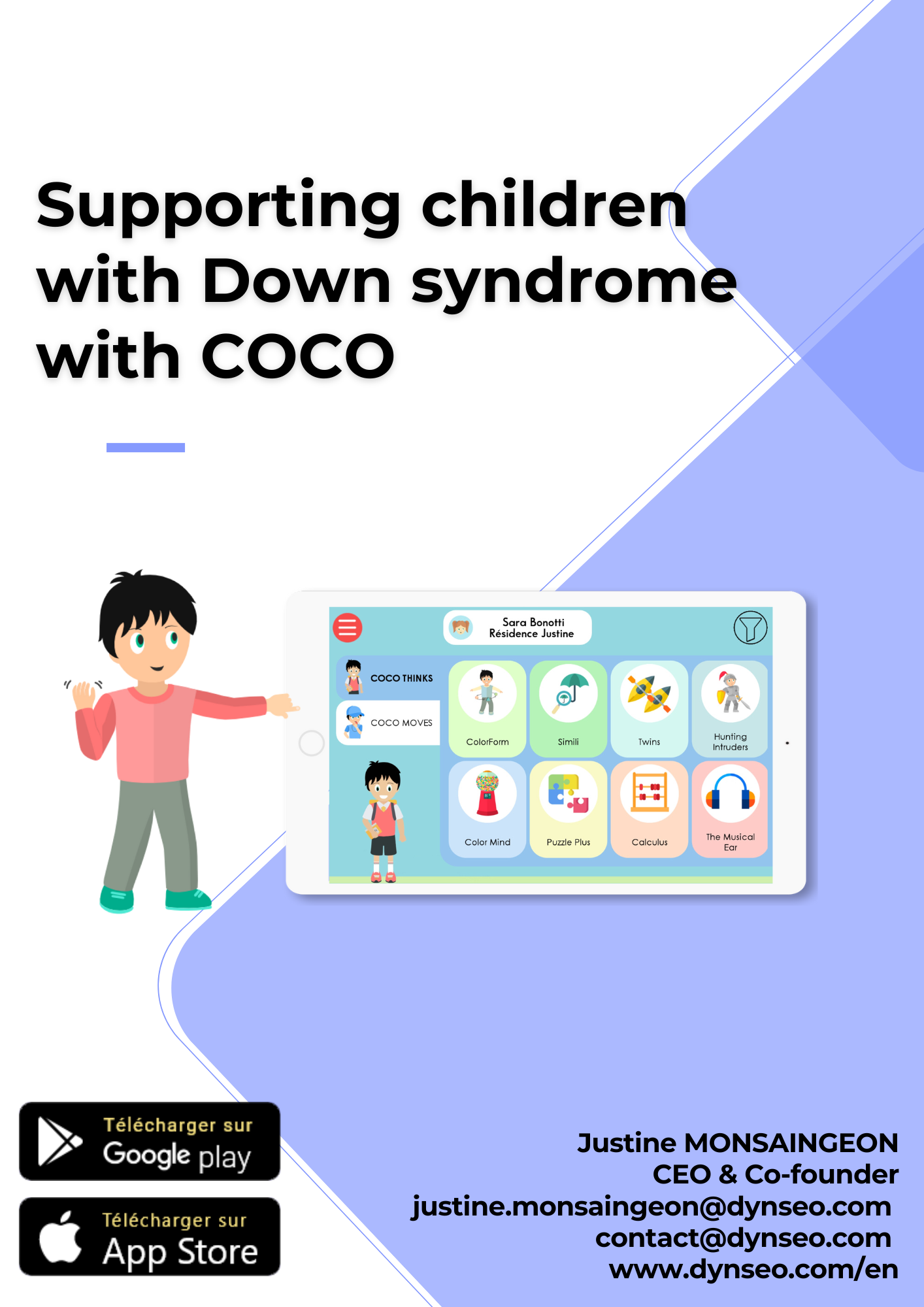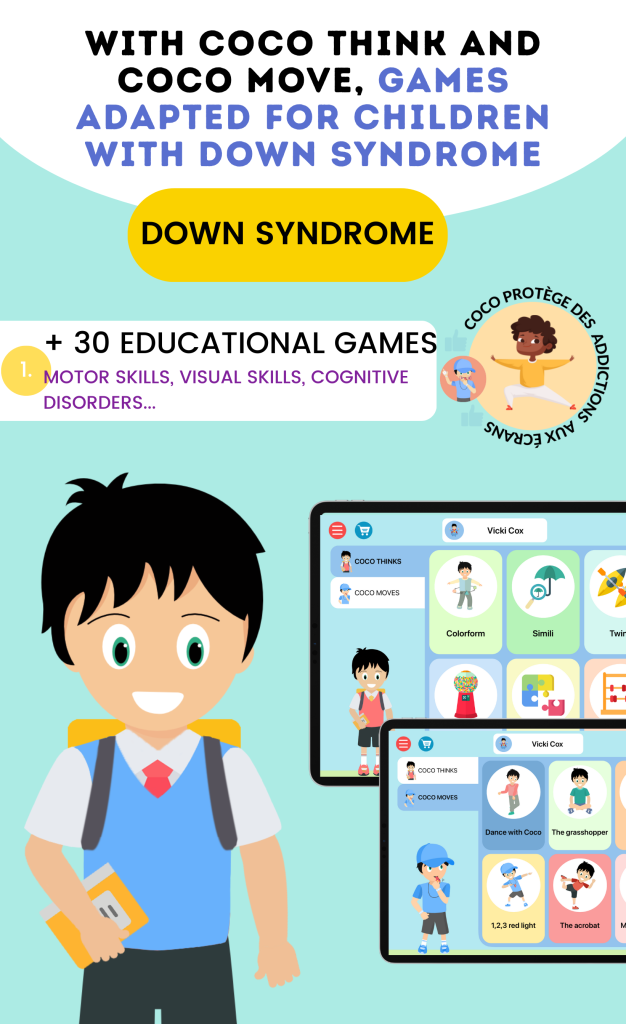Down syndrome, a genetic condition caused by the presence of an extra chromosome 21, affects approximately 1 in every 700 births. This condition is characterized by a range of physical and intellectual challenges, which can vary significantly from one individual to another. As we delve into the complexities of Down syndrome, we recognize that it is not merely a medical diagnosis but a multifaceted experience that encompasses various aspects of life.Individuals with Down syndrome often exhibit distinct physical features, such as a flat facial profile, slanted eyes, and a single transverse palmar crease. However, it is essential to understand that these characteristics do not define their potential or capabilities. As we explore the world of Down syndrome, we must also acknowledge the importance of support systems and inclusive environments.Families, educators, and communities play a crucial role in fostering the development and well-being of individuals with Down syndrome. By promoting awareness and understanding, we can create a more inclusive society that values diversity and recognizes the unique contributions of each person. Our journey into this topic will highlight the significance of tracking progress in various developmental areas, as well as the tools and strategies that can aid in this process.
Importance of Tracking Progress
Tracking progress in individuals with Down syndrome is vital for several reasons. First and foremost, it allows us to identify strengths and areas that may require additional support. By monitoring developmental milestones, we can tailor interventions and educational strategies to meet the unique needs of each individual.This personalized approach not only enhances learning outcomes but also boosts self-esteem and motivation. When we celebrate achievements, no matter how small, we foster a sense of accomplishment that encourages further growth. Moreover, tracking progress provides valuable insights for families and caregivers.It enables them to understand their loved one's development better and equips them with the knowledge needed to advocate for appropriate resources and services. Regular assessments can help us recognize patterns in behavior and learning, allowing us to adjust our approaches as necessary. In this way, we create a dynamic support system that evolves alongside the individual, ensuring they receive the best possible care and guidance throughout their journey.Digital Tools for Tracking Progress

Physical Development
Physical development is a critical area of focus for individuals with Down syndrome. While many may experience delays in gross and fine motor skills, it is essential to recognize that each person's journey is unique. Engaging in regular physical activity can significantly enhance strength, coordination, and overall health.As we encourage movement through play and structured activities, we foster not only physical growth but also social interaction and emotional well-being. In addition to promoting physical activity, we must also consider the importance of early intervention programs. These programs often include occupational and physical therapy tailored to the specific needs of individuals with Down syndrome.By starting these interventions early, we can help build foundational skills that will serve individuals throughout their lives. As we track progress in physical development, we can celebrate milestones such as improved balance or increased independence in daily tasks, reinforcing the idea that every achievement matters.◆ ◆ ◆
Cognitive Development
Cognitive development is another crucial aspect of growth for individuals with Down syndrome. While cognitive abilities may vary widely among individuals, there are numerous strategies we can employ to support learning and problem-solving skills. Engaging in activities that promote critical thinking—such as puzzles, games, and hands-on projects—can stimulate cognitive growth while making learning enjoyable.Moreover, fostering an environment rich in language and communication is essential for cognitive development. Reading together, engaging in conversations, and encouraging questions can enhance comprehension and vocabulary skills. As we track cognitive progress over time, we can identify areas where additional support may be needed or where an individual excels.This ongoing assessment allows us to adapt our teaching methods and provide targeted resources that align with each person's unique learning style.Speech and Language Development

Social and Emotional Development
Social and emotional development is an integral part of overall growth for individuals with Down syndrome. Building strong relationships with peers and family members fosters a sense of belonging and self-worth. As we encourage social interactions through group activities or playdates, we help individuals develop essential social skills such as sharing, empathy, and conflict resolution.Moreover, emotional development plays a significant role in overall well-being. Teaching emotional regulation strategies—such as recognizing feelings and expressing them appropriately—can empower individuals to navigate their emotions effectively. As we track progress in social and emotional development, we can identify areas where additional support may be beneficial or where an individual demonstrates remarkable growth.Celebrating these achievements reinforces the importance of emotional intelligence and encourages continued development in this area.◆ ◆ ◆




